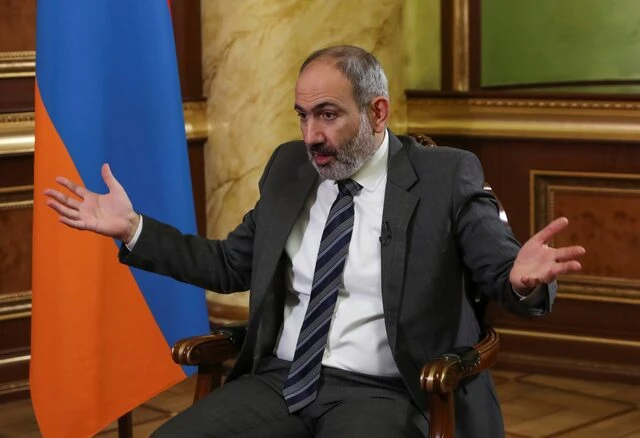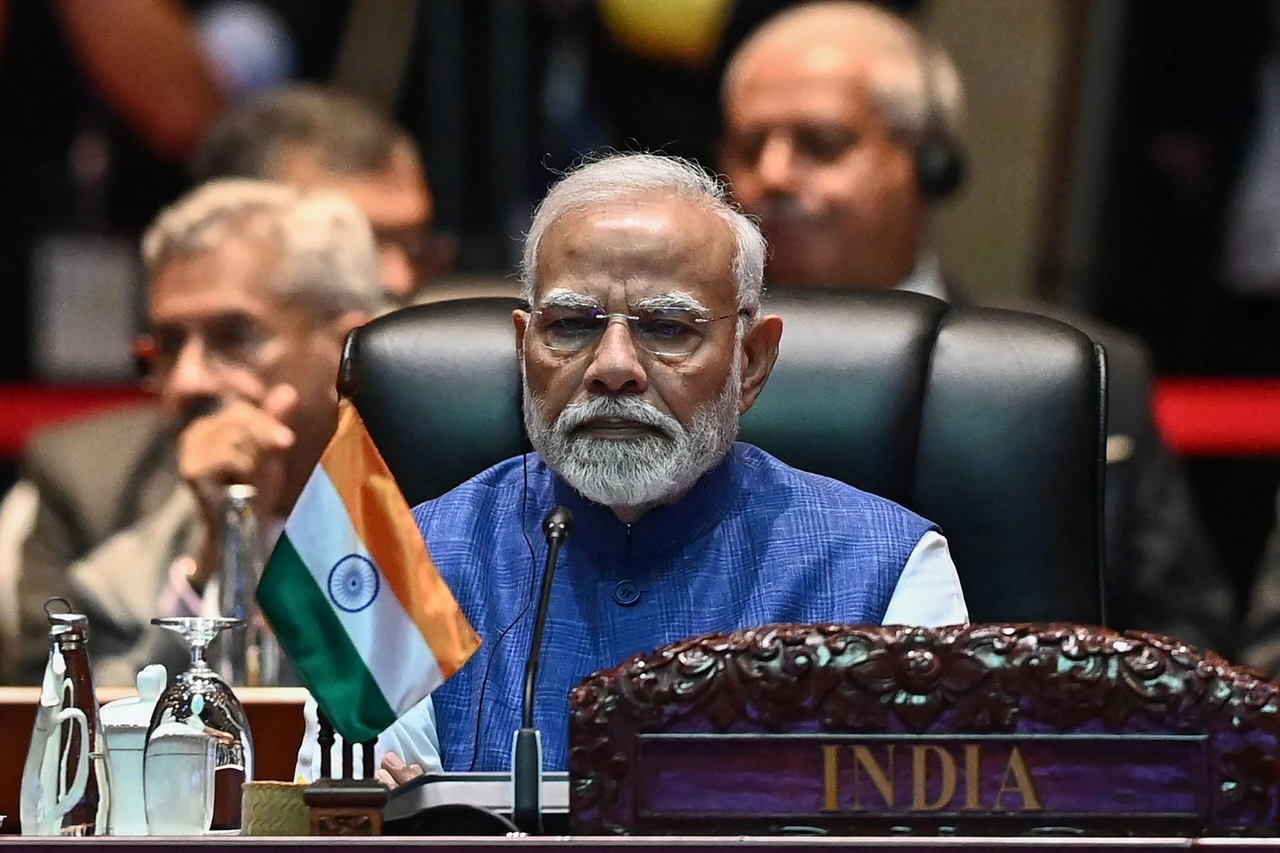Christian cleric calls for ouster of Armenia’s Pashinian, but why?
 Armenian Prime Minister Nikol Pashinyan is pictured during an interview with Reuters in Yerevan, Armenia October 13, 2020. (Reuters Photo)
Armenian Prime Minister Nikol Pashinyan is pictured during an interview with Reuters in Yerevan, Armenia October 13, 2020. (Reuters Photo)
A large crowd protested in Armenia’s capital Yerevan on Sunday against Prime Minister Nikol Pashinian, led by a Christian cleric who announced the start of four days of rallies to drive him from office.
Archbishop Bagrat Galstanyan is seeking to tap into popular anger over military defeats and territorial concessions to Azerbaijan, but Pashinian has so far withstood the pressure.
“For four days, we will stay in the streets and squares, and with our determination and will, we will achieve victory,” said Galstanyan, who called on parliamentary factions to hold a special session on Tuesday to remove the government from power.
A live video stream showed thousands of people rallying in the center of Yerevan and then marching peacefully through the streets with music blaring. There were no reports of arrests or clashes.
After weeks of protests against Pashinian, which appeared to be losing momentum, Galstanyan is attempting to bring matters to a head with demands for a change of power within days. He is calling for the appointment of a transitional government to “implement reconciliation”, manage foreign relations and prepare for snap elections.
Protests erupt over Pashinian’s decision to return border villages to Azerbaijan
Pashinian, a former journalist, came to power in 2018 after a wave of street protests. He faced intense domestic pressure following significant losses to Azerbaijan in the 2020 war and a subsequent lightning offensive by Azerbaijan last year, which reclaimed the Karabakh region, causing an exodus of 100,000 ethnic Armenians.
Criticizing Russia for not intervening in the Karabakh conflict, Pashinian has questioned Armenia’s alliance with Moscow and sought closer ties with the West. Assistant Secretary of State James O’Brien was scheduled to visit Yerevan on Monday to discuss bilateral relations and peace efforts with Azerbaijan.
The latest protests were triggered by Pashinian’s decision in May to return four deserted border villages to Azerbaijan, a move opponents called a betrayal. Pashinyan defended the decision as necessary to avoid further conflict that would be detrimental to Armenia.



